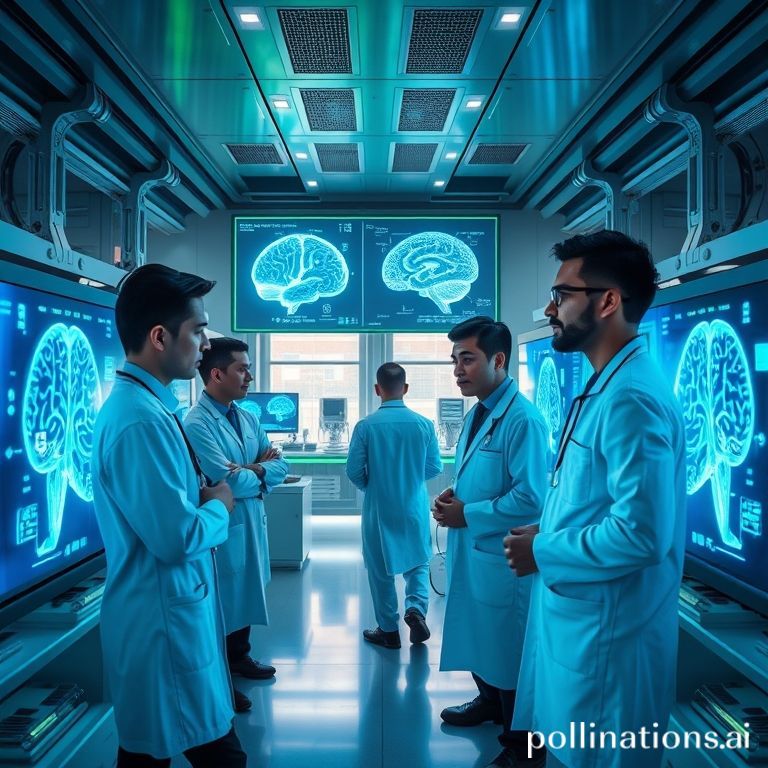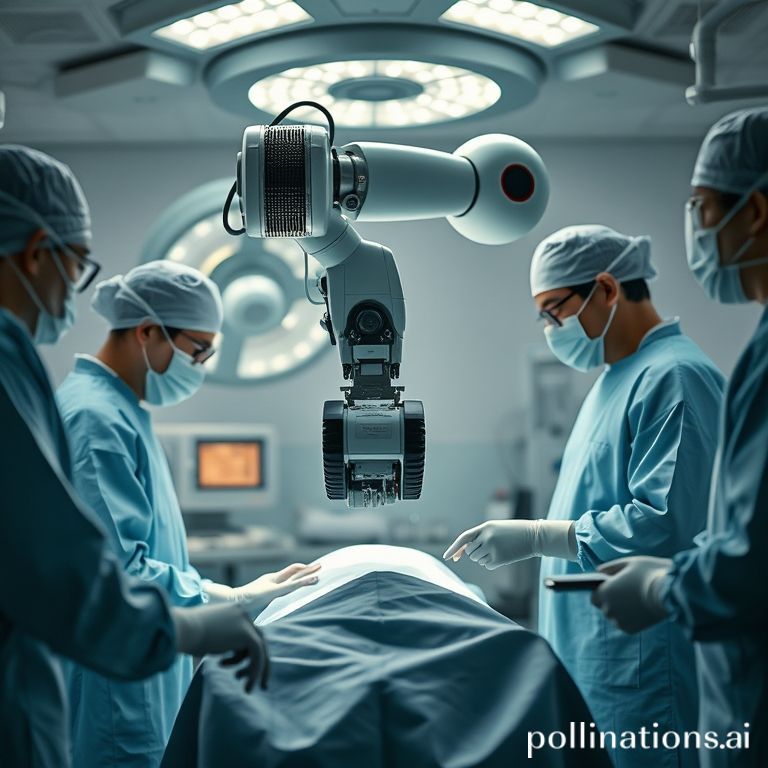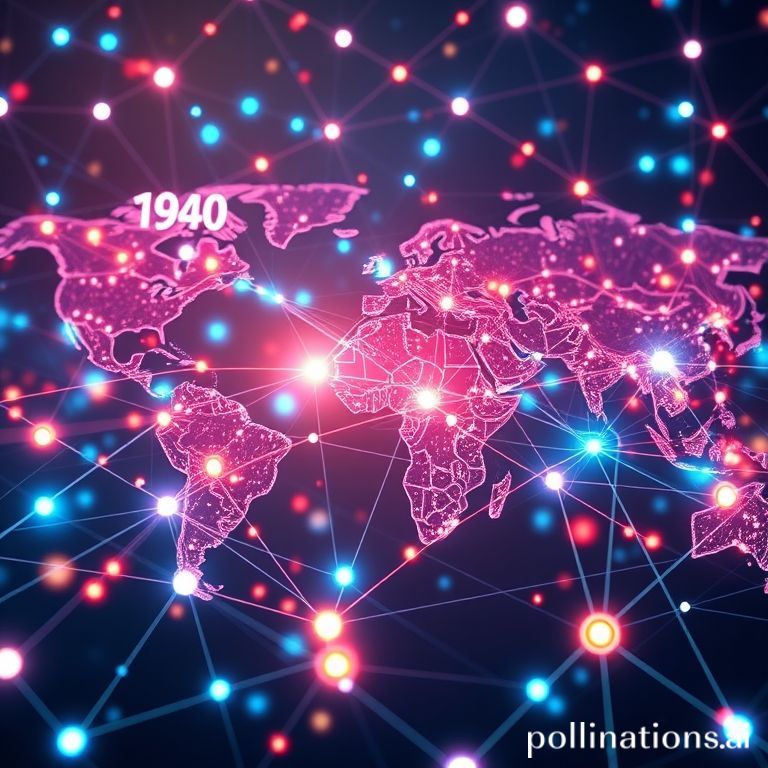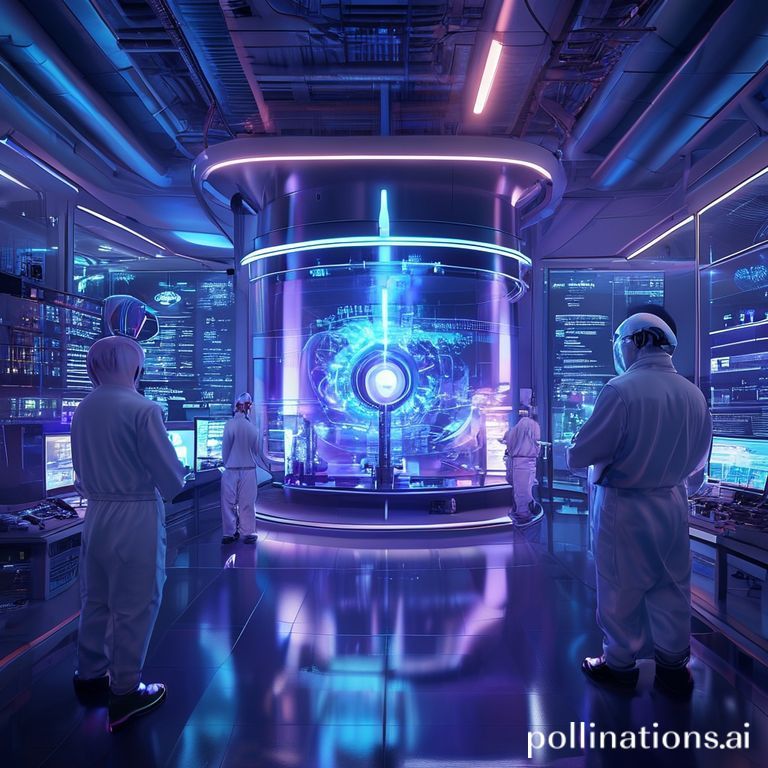
The landscape of medicine is undergoing a profound transformation, largely driven by the integration of artificial intelligence. This era of Aipowered Healthcare is not just a futuristic concept but a present reality, reshaping how diseases are diagnosed, treatments are administered, and patient care is delivered. From revolutionizing diagnostics to personalizing therapies, AI is proving to be an indispensable ally in our quest for better health outcomes. This post will delve into five essential breakthroughs that are defining the future of Aipowered Healthcare, illustrating its immense potential and the profound impact it’s having on global health.
The synergy between AI and healthcare is creating unprecedented opportunities. It promises to alleviate the burden on healthcare systems, empower medical professionals with advanced tools, and ultimately extend and improve the quality of human life. Understanding these pivotal advancements is crucial for anyone interested in the future of medicine and the incredible possibilities that Aipowered Healthcare brings.
The Dawn of Precision: AI in Diagnostics and Early Detection for Aipowered Healthcare
One of the most significant contributions of AI to medicine lies in its ability to process vast amounts of data with unparalleled speed and accuracy, leading to earlier and more precise diagnoses. This breakthrough is fundamentally changing how medical conditions are identified, often before they become critical.
Revolutionizing Medical Imaging Analysis
AI algorithms are now capable of analyzing medical images—such as X-rays, MRIs, CT scans, and pathology slides—with a level of detail and consistency that can surpass human capabilities. These systems are trained on millions of images, learning to identify subtle patterns and anomalies that might be missed by the human eye.
For instance, AI is excelling in detecting early signs of cancer, cardiovascular diseases, and neurological disorders. In ophthalmology, AI models have achieved remarkable success in identifying diabetic retinopathy from retinal scans, often outperforming human specialists. This not only speeds up diagnosis but also reduces the chances of misdiagnosis, a critical factor in saving lives.
Studies have shown that AI-powered tools can significantly reduce the time radiologists spend on image interpretation, allowing them to focus on more complex cases. This efficiency boost is vital in overburdened healthcare systems. The integration of such tools is a cornerstone of advanced Aipowered Healthcare.
Early Disease Prediction and Risk Assessment
Beyond imaging, AI is transforming early disease prediction by analyzing a broader spectrum of patient data, including genetic information, electronic health records, lifestyle factors, and even environmental exposures. By identifying complex correlations, AI can predict an individual’s risk of developing certain diseases years in advance.
This predictive power allows for proactive interventions, enabling doctors to recommend preventative measures or lifestyle changes before symptoms even appear. For example, AI models are being developed to predict the onset of sepsis, heart failure, or kidney disease, giving clinicians a crucial window for intervention. This proactive approach is a hallmark of truly effective Aipowered Healthcare.
Such early warnings are invaluable for conditions where timely treatment dramatically improves outcomes. The ability to forecast health risks empowers both patients and providers, shifting the paradigm from reactive treatment to preventative care, thereby reducing the overall burden of disease.
Tailored Therapies: Personalized Medicine and Drug Discovery in Aipowered Healthcare
The “one-size-fits-all” approach to medicine is increasingly becoming a relic of the past. AI is ushering in an era of personalized medicine, where treatments are precisely tailored to an individual’s unique biological makeup and disease profile. This revolution extends into the complex world of drug discovery, accelerating the development of new, more effective medications.
Crafting Individualized Treatment Strategies
AI’s capacity to analyze vast datasets, including genomic sequences, proteomic profiles, and individual patient responses to various treatments, allows for the creation of highly personalized treatment plans. For cancer patients, AI can help oncologists select the most effective chemotherapy drugs or targeted therapies based on the specific genetic mutations of their tumor.
This level of precision minimizes adverse side effects and maximizes treatment efficacy, leading to better patient outcomes. In chronic disease management, AI can monitor patient data from wearables and electronic health records to adjust medication dosages or recommend lifestyle changes in real-time. This dynamic adaptation is a core strength of Aipowered Healthcare.
The ethical considerations surrounding genetic data and its use in personalized medicine are a growing area of discussion, underscoring the need for robust privacy frameworks as AI in medicine advances. Nonetheless, the potential for vastly improved, individualized care is undeniable.
Accelerating Pharmaceutical Research and Development
Drug discovery is notoriously time-consuming and expensive, often taking over a decade and billions of dollars to bring a new drug to market. AI is dramatically streamlining this process by identifying promising drug candidates, predicting their efficacy and potential side effects, and optimizing molecular structures.
AI algorithms can screen billions of compounds in a fraction of the time it would take human researchers, significantly shortening the initial stages of drug development. They can also predict how certain molecules will interact with biological targets, reducing the need for extensive laboratory testing. This is particularly impactful for rare diseases, where traditional research is often limited due to smaller patient populations.
Companies like DeepMind’s AlphaFold have made groundbreaking strides in protein folding prediction, a crucial step in understanding disease mechanisms and designing new drugs. The advent of AI in this field promises to deliver life-saving medications to patients much faster, fundamentally changing the landscape of pharmaceutical innovation through Aipowered Healthcare.
Enhancing Surgical Precision: Robotics and AI in Aipowered Healthcare
The operating room is another domain where AI and robotics are making profound differences, transforming surgical procedures from complex, highly manual tasks into more precise, data-driven interventions. This fusion is leading to improved surgical outcomes, faster recovery times, and enhanced safety for patients.
Minimally Invasive Procedures with Robotic Assistance
Robotic-assisted surgery, pioneered by systems like the da Vinci Surgical System, allows surgeons to perform complex procedures through small incisions. AI enhances these robotic systems by providing greater precision, stability, and dexterity than human hands alone can offer. Surgeons control the robotic arms, which translate their movements into smaller, more precise actions, often filtering out natural tremors.
This leads to less blood loss, reduced pain, smaller scars, and significantly shorter recovery times for patients. AI algorithms can also analyze pre-operative scans to create detailed 3D models of the patient’s anatomy, guiding the robotic instruments with pinpoint accuracy during the procedure. This blend of human expertise and machine precision is a cornerstone of modern Aipowered Healthcare.

Real-time Surgical Guidance and Training
During surgery, AI can provide real-time guidance by analyzing live video feeds and patient vital signs, alerting surgeons to potential risks or anomalies. For example, AI can highlight critical structures to avoid or suggest optimal paths for incisions, acting as an intelligent co-pilot in the operating theater.
Beyond live procedures, AI is revolutionizing surgical training. Virtual reality and augmented reality simulations, powered by AI, offer realistic training environments where aspiring surgeons can practice complex procedures without risk to patients. AI can provide immediate feedback, assess performance, and identify areas for improvement, creating a new generation of highly skilled surgeons ready for Aipowered Healthcare environments.
Forecasting Health Trends: Predictive Analytics in Aipowered Healthcare
The ability to predict future health events, from individual patient deterioration to large-scale disease outbreaks, is a game-changer for public health and healthcare management. AI-driven predictive analytics is empowering healthcare systems to be proactive rather than reactive, leading to more efficient resource allocation and better population health outcomes.
Epidemiological Surveillance and Outbreak Prediction
AI models can analyze vast amounts of data—including public health records, social media trends, environmental factors, and travel patterns—to track the spread of infectious diseases and predict potential outbreaks. This capability proved invaluable during the COVID-19 pandemic, where AI helped model virus transmission, identify hotspots, and forecast resource needs.
By identifying early warning signs, public health authorities can implement targeted interventions, such as vaccination campaigns or social distancing measures, more effectively. This proactive surveillance is essential for preventing future pandemics and mitigating the impact of seasonal illnesses, making it a critical component of public health-focused Aipowered Healthcare.
Optimizing Resource Allocation and Hospital Management
Hospitals and healthcare systems constantly grapple with resource allocation, from managing bed availability and operating room schedules to optimizing staff deployment. AI can analyze historical data and real-time operational metrics to predict patient flow, anticipate demand for specific services, and optimize staffing levels.
This leads to more efficient use of resources, reduced wait times, and improved patient satisfaction. For instance, AI can predict when emergency rooms will be busiest, allowing hospitals to adjust staffing accordingly. It can also identify patients at risk of readmission, enabling proactive follow-up care to prevent future hospitalizations. Such operational efficiencies are vital for sustainable Aipowered Healthcare.
Democratizing Access: AI for Enhanced Patient Care and Accessibility in Aipowered Healthcare
One of the most profound impacts of AI is its potential to democratize healthcare, making quality medical advice and care more accessible to a wider population, especially in remote or underserved areas. This is being achieved through virtual assistants, telemedicine platforms, and remote monitoring technologies.
Virtual Health Assistants and Telemedicine Platforms
AI-powered virtual health assistants, often in the form of chatbots or voice assistants, provide accessible, immediate support to patients. They can answer common health questions, offer initial symptom assessments, remind patients to take medication, and provide information on managing chronic conditions. While not a substitute for a doctor, they can triage concerns and guide patients to the appropriate level of care.
Telemedicine platforms, significantly boosted by the pandemic, are further enhanced by AI. AI can help prioritize virtual consultations based on urgency, analyze patient descriptions of symptoms to suggest potential diagnoses for the doctor, and even conduct basic preliminary screenings. This expansion of virtual care makes healthcare more convenient and available to those who might otherwise face barriers to access, solidifying its place in Aipowered Healthcare.

Remote Monitoring and Proactive Intervention
Wearable devices and in-home sensors, coupled with AI analytics, enable continuous remote monitoring of vital signs, activity levels, and other health metrics. AI can detect subtle changes in these parameters that might indicate a deteriorating condition, alerting healthcare providers or family members before a crisis occurs.
This is particularly beneficial for elderly patients, individuals with chronic diseases, or those recovering from surgery. AI can track glucose levels for diabetics, heart rhythms for cardiac patients, and sleep patterns for those with sleep disorders, facilitating timely interventions. This proactive remote care is a significant step towards truly preventative and accessible Aipowered Healthcare, improving patient safety and quality of life.
The Future is Now: Embracing Aipowered Healthcare
The five breakthroughs discussed—AI in diagnostics, personalized treatment and drug discovery, surgical assistance, predictive analytics, and enhanced patient accessibility—collectively paint a picture of a healthcare future that is more precise, efficient, and equitable. Aipowered Healthcare is no longer a distant dream but a rapidly evolving reality that is fundamentally redefining what is possible in medicine.
While challenges remain, including ethical considerations, data privacy, and the need for robust regulatory frameworks, the trajectory of AI in healthcare is clear. Its ability to process, analyze, and learn from vast amounts of complex data empowers medical professionals, streamlines operations, and ultimately leads to better health outcomes for individuals and populations worldwide. As these technologies continue to mature, their integration will become even more seamless and impactful.
We are witnessing a paradigm shift, where technology and human expertise converge to create a healthier future for all. Stay informed about these exciting developments and consider how Aipowered Healthcare might shape your own health journey. The revolution in medicine is here, and AI is at its heart.



